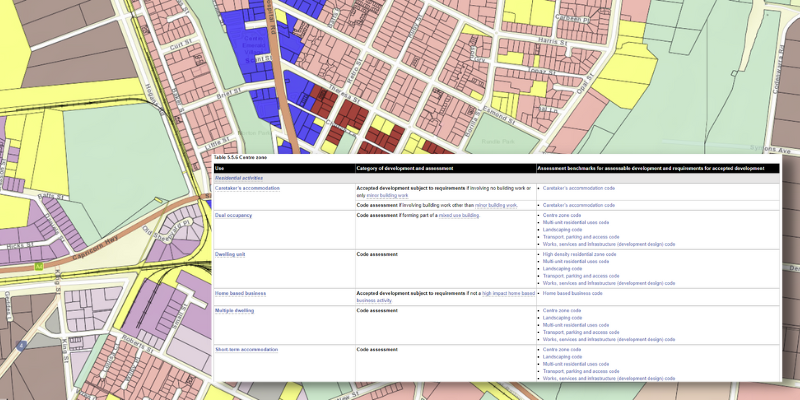Land Subdivision
Expert Guidance for Property Development
Subdivide Land With Confidence
At Planning Approval Group, we specialise in making the land subdivision process clear, compliant, and achievable. Whether you're looking to subdivide land for profit, create multiple lots, downsize your property, or unlock development potential, our experienced subdivision consultants provide expert guidance every step of the way.
Land subdivision involves dividing a single parcel into individual sections or lots, which may be:
- Residential
- Commercial
- Industrial
- Agricultural
- Rural
No matter your property type or zoning, our team delivers tailored subdivision solutions that align with your objectives while meeting all regulatory requirements.
Why Choose Our
Land Subdivision Consultants?
Our qualified town planners bring extensive experience in property subdivision across Queensland. We understand that subdividing land involves navigating complex council requirements, infrastructure considerations, and environmental factors.
When you partner with Planning Approval Group for your subdivision project, you benefit from:
Comprehensive Subdivision Expertise
Our subdivision consultants provide expert advice on:
- Council guidelines and zoning requirements for new lots
- Community and neighbourhood considerations
- Strategic planning approaches to maximise value
- Infrastructure requirements including sewerage, water mains, stormwater, and roads


Thorough Site Assessment
We conduct detailed evaluations of site-specific factors that impact your ability to subdivide land:
- Natural resources and topography
- Areas of cultural or indigenous significance
- Environmental considerations, including flora and fauna protection
- Special planning overlays such as flooding and cyclone zones
Streamlined Application Process
Our team manages the entire subdivision application process, reducing stress and minimising delays:
- Preparation of comprehensive documentation
- Liaison with council and regulatory authorities
- Response to information requests
- Management of conditions and requirements

Get a Development Potential Health Check
Before investing significant time and money into subdividing land, it's crucial to understand what's possible for your specific property.
Our Development Potential Health Check provides a comprehensive assessment of your site, identifying:
- Development opportunities based on current zoning
- Potential constraints and challenges
- Regulatory requirements specific to your property
- Preliminary subdivision options and configurations
This valuable service ensures you have a clear understanding of your property's subdivision potential before proceeding with a formal development application.
The Land Subdivision Process
Subdividing land requires careful planning and expert guidance. Our consultants walk you through each stage of the property subdivision process:
Initial Consultation and Feasibility
We begin with a thorough assessment of your property and objectives, evaluating the feasibility of your subdivision plans and identifying potential challenges.
Strategic Planning and Design
Our subdivision consultants develop a strategic approach tailored to your specific property, creating subdivision designs that maximise value while meeting regulatory requirements.
Development Application
We prepare and lodge comprehensive development applications for your land subdivision, ensuring all documentation meets council standards and addresses potential concerns.
Approval Management
Once approval is secured, we guide you through meeting conditions, coordinating with surveyors and engineers, and finalising the subdivision process to obtain new titles.
FAQs:
Land Subdivision in Queensland
As experienced subdividing consultants, we understand that the process can be rather complex to those approaching it for the first time. Below are some frequently asked questions about property subdivisions to help you get the ball rolling.
Speak to a Land Subdivision Consultant Today
At Planning Approval Group, our role is to simplify the subdivision process and help you achieve the best outcome for your land. Whether you're just exploring options or ready to proceed with a development application, our subdivision consultants provide clear, expert guidance tailored to your specific needs.
Take the first step toward unlocking your property's potential by speaking with our expert team today.
Contact Us
Industry news
The Latest Insights



